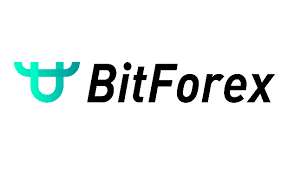In a significant move, three crypto whales have recently withdrawn over $150 million worth of Ethereum (ETH) from the popular crypto exchanges Binance and Kraken.
The surge in self-custody transactions comes amid the ongoing regulatory crackdown on the digital asset sector in the United States.
As traders seek to navigate the uncertain regulatory landscape, self-custody appears to be gaining traction as a preferred option.
Additionally, despite the regulatory challenges, certain crypto traders continue to find success in the market, with one notable “smart whale” generating substantial profits from trading Lido Staked Ether (stETH) in recent months.
According to Lookonchain, a blockchain tracker, all three whales conducted their transactions from newly created wallets.
The first whale withdrew a staggering 35,860 ETH, equivalent to more than $64 million, from Binance through a series of transactions.
The second whale made four withdrawals from Binance, totaling 27,000 Ethereum valued at over $48 million. The third wallet, operating on Kraken, executed five transactions and withdrew 23,660 ETH, amounting to more than $42 million.
The recent wave of withdrawals may be indicative of traders opting for self-custody solutions amidst the intensified regulatory scrutiny in the US.
The U.S. Securities and Exchange Commission (SEC) has filed lawsuits against major crypto exchanges, including Binance and Coinbase, alleging violations of securities laws.
These regulatory actions have prompted market participants to seek greater control and security over their digital assets by self-custodying their holdings.
Profitability Amidst Regulatory Challenges: Despite the regulatory uncertainties, some crypto traders have managed to capitalize on market opportunities.
Lookonchain highlights the success of a “smart whale” who has generated more than $6 million in profits from trading Lido Staked Ether (stETH) over the past three months.
This achievement underscores the potential for savvy traders to navigate the market and achieve favorable outcomes despite regulatory hurdles.



